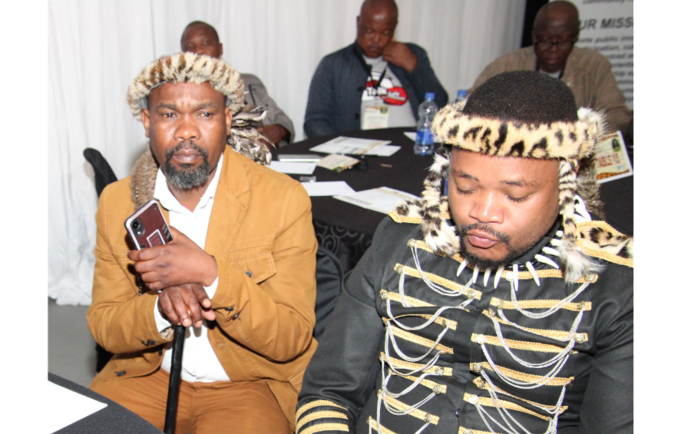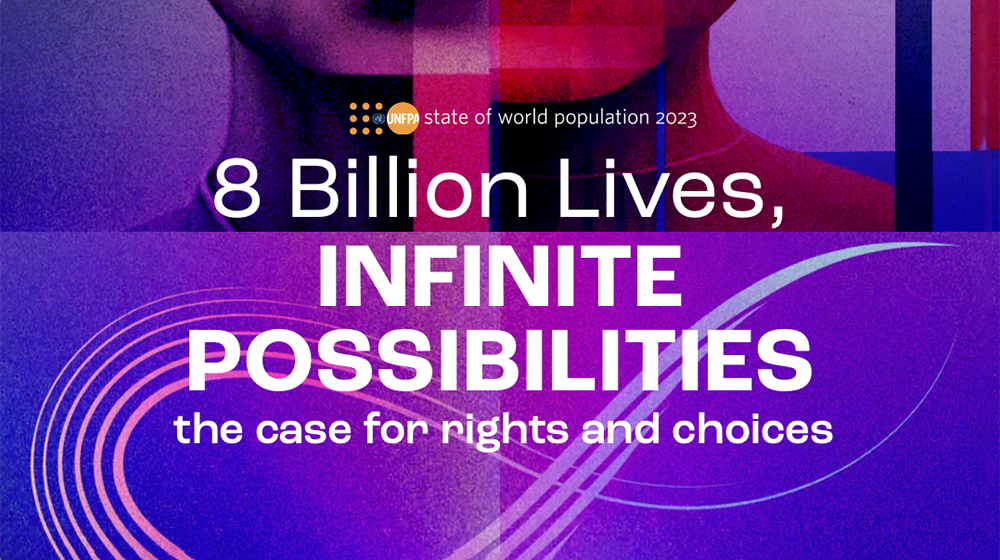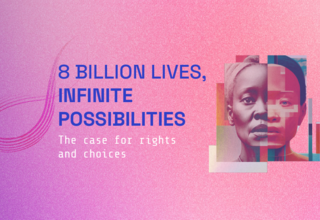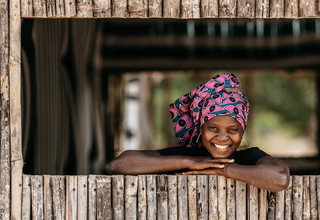As highly respected and influential leadership structures, the Amakhosi and Traditional Leaders play a key role in combatting GBVF. Their key roles in fighting the GBVF pandemic include the following:
- Identify, intervene, and report matters of GBVF to law enforcement.
- Encourage victims and survivors to seek justice.
- Play a role in community advocacy initiatives educating and creating awareness regarding desired appropriate behaviour and GBVF prevention strategies.
- Work with perpetrators and families to influence behaviour change.
The GBVF structures, including the newly established ward-level Rapid Response Teams (RRT), invited representation from Amakhosi to become a part of the RRT initiative. One particular Nkosi, uNkosi Ngcobo attended and participated actively in the meeting, and challenged participants to ask difficult questions that were sometimes viewed as taboo. He further committed to ending the problem of GBVF in Ugu, suggesting that the focus in his traditional court was to ensure that perpetrators were brought to book. Nkosi Ngcobo also discussed the challenges they faced with GBVF perpetrators and engaged in how to balance their traditional roles with the need to ensure justice from the formal law enforcement structures.
In addition, the Cooperative Governance and Traditional Affairs (COGTA) department invited Amakhosi to attend Portfolio Committee meetings to put their role on GBVF onto the government agenda and to extend their support in increasing knowledge levels and skills to combat GBVF.
Noting the importance of capacitating Amakhosi, the MEC for Social Development, Ms. Nonhlanhla Khoza noted, “…it’s important to provide training and capacity-building programmes for Amakhosi and their councils, to equip them with the knowledge and skills needed to address gender-based violence (GBV) effectively.”
The MEC said they want to collaborate with Amakhosi to establish support services and safe spaces for survivors of GBV in their communities. She added that they plan on launching a comprehensive awareness campaign to educate community members about GBV, its consequences, and the importance of reporting incidents. Nonhlanhla Khoza added that no one should stand idly while women and children suffer in silence, saying that Amakhosi need to take a proactive stance in addressing GBV and creating safer spaces for all vulnerable groups.
With support from UNFPA, the KZN Social Development Department and Traditional Leaders engaged in discussions in Umzumbe Municipality, to find ways to fight GBV in rural areas. The Amakhosi highlighted that their objective is to create secure and protected environments within their communities, where the abuse of women and children is strictly prohibited. They acknowledged that the Department of Social Development has recognised the pressing need to address sporadic cases of abuse, rape and GBV across various clans. The commitment by Amakhosi in KZN indicates the need to use existing community structures to fight GBVF. UNFPA working closely with government departments in KZN has demonstrated this possibility with male traditional champions engaged as advocates in the fight against GBVF.




